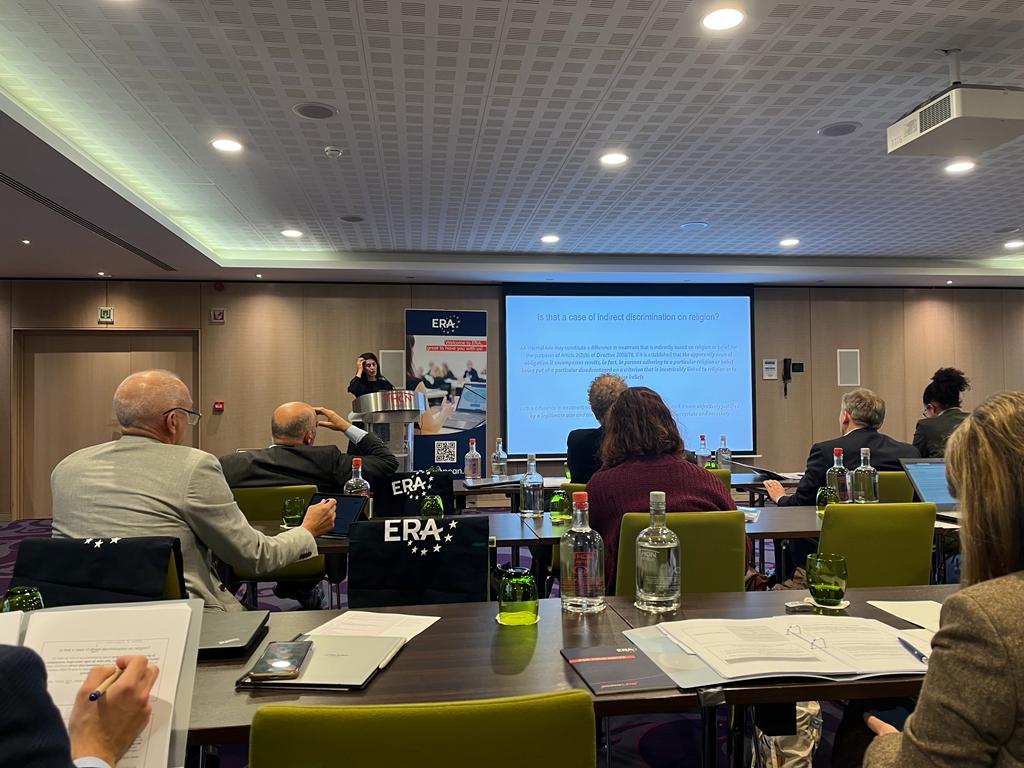Key takeaways from our Danish member firm Mette Klingsten Law Firm.
On 25 November 2022 Mette Klingsten, of Mette Klingsten Law Firm attended the European Employment Lawyer annual seminar in Brussels.
The annual seminar included a session on the increasingly important topic of environmental and social governance and the European Commission’s proposal for a Directive on corporate sustainability due diligence was discussed. Professor Christina Hiss led an interesting talk in this area.
In addition, there was an equally interesting session on recent labour law case developments by Professor Sophie Robin-Oliver from La Sorbonne School of law. The session considered, amongst other things, the issues of discrimination cases in the context of wearing of any visible sign of political, philosophical, or religious belief in the workplace.
The last session was on the recently adopted Directive on fair minimum wages in the EU, which was delivered by Professor Marc De Vos of Ghent university and Jacob Sand, a lawyer from Copenhagen. The Directive sets a requirement for member states to establish a framework for the adequacy of statutory minimum wages and promotes collective bargaining in wage setting.
For the purposes of the Directive minimum wages will be considered adequate if they are fair in relation to the wage distribution in the relevant Member State and if they provide a decent standard of living for workers based on a full-time employment relationship.
This led to an interesting session on the Danish perspective on the Directive. Denmark took a strong stance in connection with statements made regarding the adoption of the Directive. “The social partners are responsible for wage setting in Denmark and it is essential to preserve the autonomy of the social partners in this regards. Against this backdrop, Denmark is as a matter of principle opposed to introducing any binding regulation at EU-level regarding minimum wage. Consequently, Denmark has consistently opposed the Directive on adequate minimum wages in the Europe Union”.
The session discussed whether the Danish government would consider an action for annulment of the Directive based on the fact that it is has repeatedly expressed its opposition to the Directive.
In addition, the Danish government has continuously expressed its concerns about the legal basis of the Directive. In addition, the Danish Supreme court has ruled that Danish authorities have a “duty to prevent” the application of EU treaties to be used to adopt proposals that “imply an additional transfer of sovereignty”.
The Danish unions are strongly in favour of taking an action for annulment. The main Danish employer’s association are less sure. The government announced the cabinet on 15 December 2022, and this is an issue that is likely to be discussed further.
The annual seminar was a fantastic opportunity to bring together employment lawyers from Europe to discuss and exchange ideas on the current “hot” topics.
